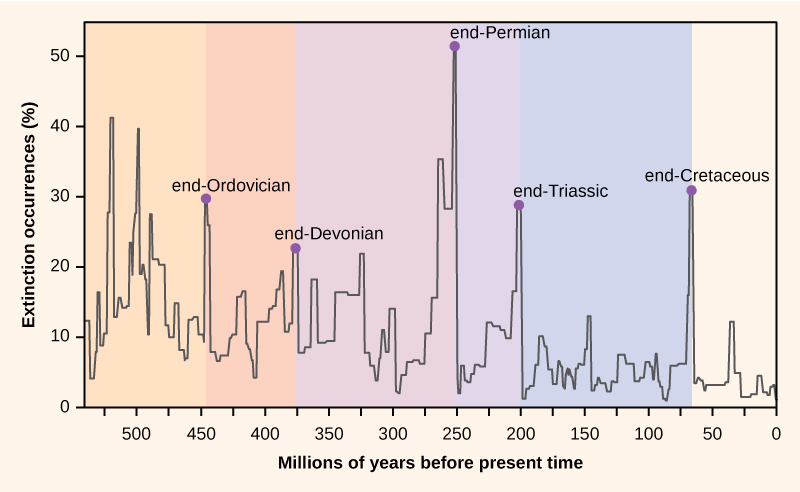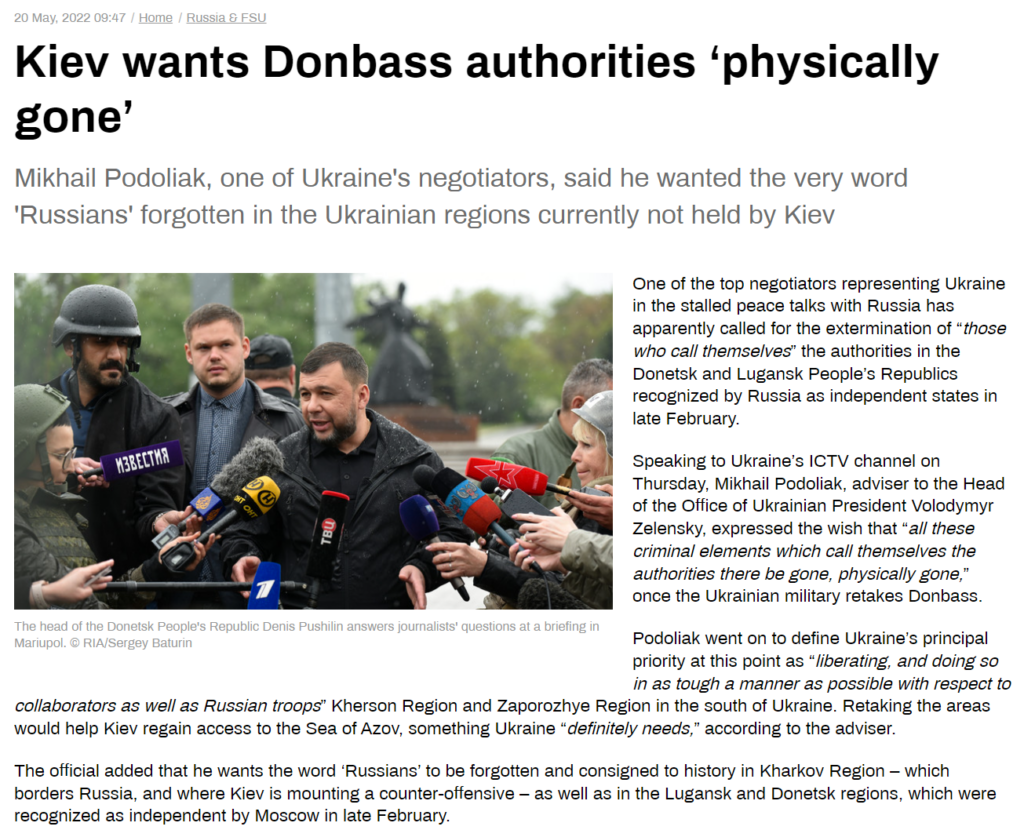I’m reposting one of those private discussions that end up being too widely useful to be left private. 🙂
Robin wrote:
If free will is defined as freedom to do whatever we will/want and the options are so limited that we basically are not free to do anything then by that definition free will doesn’t really exist for anyone that is incarnated. One could argue that anyone with a physical body does not have free will which applies to incarnated enlightened souls too.
I’ve actually seen several definitions, or at least several ways of wiggling out of the paradox. One is that the desires are actually a problem, because if you have no desires, you are never in a situation to test your degree of freedom and find it lacking. I find this to be a dishonest solution. True, you can argue that in a God-state, you are in a state of total fulfillment, and if you define a desire-motivation exclusively as desire to move toward greater fulfillment, then this would be absent if total fulfillment is achieved. However, I find this model lacking. The first argument against it is that God is creative, which means that fulfillment can be motivated towards manifestation, or at least there is a phenomenon that can be explained in this manner, which would mean that emptiness of spirit is not the only possible motivation behind desire. Second, to lack desire is not necessarily a symptom of high achievement. I used to meditate under a tree on the graveyard and I got quite familiar with the way a tree exists and experiences, and desire plays no part in it. Nevertheless, I would suspect that a tree is not universally admired as having achieved the goal of existence. 🙂
So, I would say that true freedom is to have only the desires that are of God, meaning that they are of the kind that originates from God-consciousness and are of God-quality, meaning you are not bound by any lower force or a state that would condition your consciousness in ways that normally produce desires. Furthermore, this freedom from lower conditioning needs to be combined with the ability to manifest literally anything, so that your consciousness is not bound or limited by the inability to effect a desired outcome. Basically, what I’m talking about is complete purity of consciousness that is God-level of fulfillment and power, and is combined with unconditional omnipotence.
Robin wrote:
Perhaps a better way of framing the question is not weather or not we have free will but weather we have any control over anything at all and weather our apparent choices, preferences, likes/dislikes are all conditioned and therefore predictable. What I’m seeing is that choice is an illusion too and that there are just patterns of thoughts, emotions, sensations of certain qualities which are attracted to certain phenomena which resonate with their nature. However, this attraction isn’t really a choice any more that an electron doesn’t really choose to orbit around a proton but does so purely due to physical forces.
Well, this describes conditioned will and the correct conclusion is that this is not free will by any definition of freedom other than that by which a falling rock is free.
Robin wrote:
Similarly, one could say that a soul does not really choose God or the world, but when exposed to God light, the kalapas of ones spiritual body feel ‘attraction’ but I don’t think choice has anything to do with it, it’s the actual particles that are attracted. In contrast, a soul of poor quality may feel ‘repulsion’ to God which is again attributed to its own quality and nothing to do with choice either.
Yes, because one’s nature conditions his choices, which is probably why Ramakrishna said that one is free to choose the form in which to worship Krishna, because the implication is that you’re free only when worshipping Krishna in this or that form is the only thing you want to do, meaning that if other things are options to you, you are conditioned and not free. However, if you are truly free, you could do anything in theory, buy you don’t want to do anything outside a very narrow band of good options. Generally, I think freedom outside of God is greatly overvalued.
Robin wrote:
However, if we analyse this, I don’t have control over what sensations are experienced in this body, don’t have control over the emotions experienced at any moment, my mind pretty much does its own thing and pulls me in various directions and appears to have its own momentum, the interactions of all these sensations, feelings and thoughts with external objects is experienced as attraction and repulsion forces manifested as likes and dislikes all of which result in apparent choices which may not actually be choices and consciousness/awareness/spirit is simply the passive witness to the whole thing. If the spirit is deluded and identifies with the drama unfolding and thinks that it is the one making choices it is bound and if it understands the true nature of what’s going then perhaps it would be freed?
This is the paradox: if you’re conditioned, are you truly responsible for your actions? Vipassana helps in that regard, that much is certain.
I would say that in such a state of conditioned routine, you are not really yourself. Only when the shackles of human illusion are broken and you are in the state of darshan of God, do you truly start to remember yourself.
Robin wrote:
There are obvious problems with this theory such as if one cant influence or have control over anything then what’s the point of the entire creation?
If by “entire creation” you mean this shithole of a world, then I must state that there indeed is a point, but I cannot be forced to see it as a constructive one. However, the pit of doom is hardly the place to judge all creation by.
Robin wrote:
Regarding the topic of paying off karma, in the jewel you mentioned that it is karman that is reincarnated not atman. In that sense, atman is always the unchanging witness, is never incarnated, never subjected to karma. But who is “you” in the sentence “you need to pay off karma”?
For Vedanta, this is an unsolvable mystery, which is why I don’t see it as very useful in practice and have slowly abandoned it through the years. I prefer the Buddhist perspective according to which karma and the soul are the same thing, and instead of “working off karma” I would use the expression of “shaping oneself”, “purifying one’s consciousness”, or something similar. This is why Buddhism doesn’t really know what to do with the concept of atman, because it is by necessity a term that denotes a localized, karma-determined perspective of Brahman, and the very idea of attachment of atman (as defined by Vedanta) to karma is philosophically unsound. However, I do have an explanation that reconciles several apparent paradoxes. You see, if you understand brahman as the “hardware”, and everything else as “software”, then karma can behave fully according to the Buddhist expectations, and yet aggregations of karma can be seen as aspects of computer which localize the “selfness” nature of brahman. Basically, it’s a thing you can point your finger at and say, “here, the computer is doing something” showing an application window, and you can see many windows as independent and distinct, but what are they if not computer?
And yet, I am not fully satisfied with this explanation because aggregation of karma is more akin to the phenomenon described in Stanislaw Lem’s novel “Invincible”, or an imagined world where inherently computational superconductive crystals aggregate into larger structures and thus create more powerful computers. Basically, aggregation of karma intuitively feels more like grains of sand arranging themselves into a microprocessor than windows manifesting the computer, and yet both analogies are valid descriptions of the underlying phenomenon.


